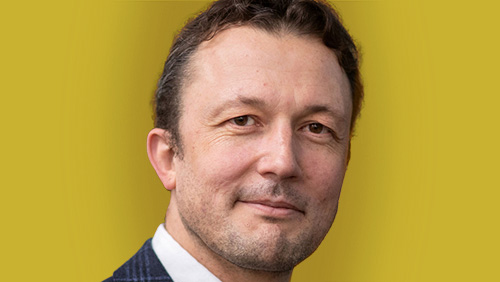An ambitious prospective engineer would do well to ignore the famed university rankings when selecting his future alma mater, Martijn Heck argues.
Academic culture is a bottleneck to innovation. That’s the conclusion Australia’s Chief Scientist Cathy Foley has drawn in a recently released report. She states that “the current system for assessing research careers for hiring, promotion and funding isn’t fit for purpose” as it focuses too heavily on publications and attracting funding. Part of this is what’s colloquially known as the publish-or-perish culture. Obviously, universities and their boards of directors will be the first to deny this, as it would actually hurt their ability to attract talent, and it would clash with the broader role the universities claim – and ought – to play in society, namely education and innovation.
Do universities put their money where their mouth is? My Linkedin profile was recently overflowing with university press releases celebrating their position in the Shanghai Ranking, one of the most prestigious and established rankings of universities. If you celebrate, I assume you endorse the methodology and think the criteria are highly relevant, right? I mean, would you cheer for a heavyweight boxer kicking the ass of a featherweight? And would you still celebrate the cyclists in the infamous 1998 Tour du Dopage?
So, let’s assess this Shanghai Ranking methodology, to gain insight into the academic culture. A whopping two-thirds of the total score is based on publications and citations: the amount of highly cited researchers, papers in top journals Nature and Science, the total quantity of papers and the output per researcher. That’s essentially the definition of a publish-or-perish culture, and the universities are celebrating that, apparently.
If the metrics were good, the methodology could be acceptable. Life is tough and competition is part of it. Unfortunately, the metrics are extremely flawed. Many publications hardly do a good peer review, the top journals chase the inflated hypes, while much of their published work isn’t even reproducible, and the internet is overflowing with tips and coaches to help you boost your citation scores. Do you know that you can even buy citations? The going rate is 300 dollars for 50 citations, I’ve heard. Hooray for the top-ranked universities!
Meanwhile in the real world, America and Europe have realized that they’ve lost leadership in the most important and advanced technology, semiconductors, to countries like South Korea and Taiwan. Asian engineering and technology talent outperforms the Western world on a massive scale. What are the great universities that provide this influx of talent? South Korea has only one in the global top 100 and Taiwan doesn’t even have one in the top 200.
Going back to the Shanghai Ranking, the other one-third of the score is based on alumni and staff winning Nobel Prizes and Field Medals. That’s economy, literature, physics, chemistry, medicine and mathematics. No engineering. Moreover, the 20 percent weight that’s given to Nature and Science papers is also not favorable for the engineering fields. Nature even published an editorial stating explicitly that “papers in engineering are under-represented, even neglected,” in their journal.
If more than half of the metrics of a ranking are irrelevant to the field of engineering and technology, then what are we measuring? What’s the relationship between academia and deep tech? Universities celebrating their position in the Shanghai Ranking are answering the question: this relationship is lost. And if that’s what it means to be an academic, then I’m no academic. I’m an engineer.
Eindhoven University of Technology is world champion in AI-powered robot soccer, winning the Robocup 2024. I’m pretty sure that won’t lead to a Nature paper, nor will it help the professors receive a Nobel Prize. However, if you’re a prospective engineering student and innovation is your passion, you might want to ask yourself: which school is better for you? The school where you’ll work on world-class AI robots with your professors or the school where your professor has a few Nature papers?
Of course, I’m not claiming that the Robocup ranking should be used to measure the quality of universities. As with any metric, it will become a goal by itself and then Van Perslucht and Robodinho will play in Qatar next year.



